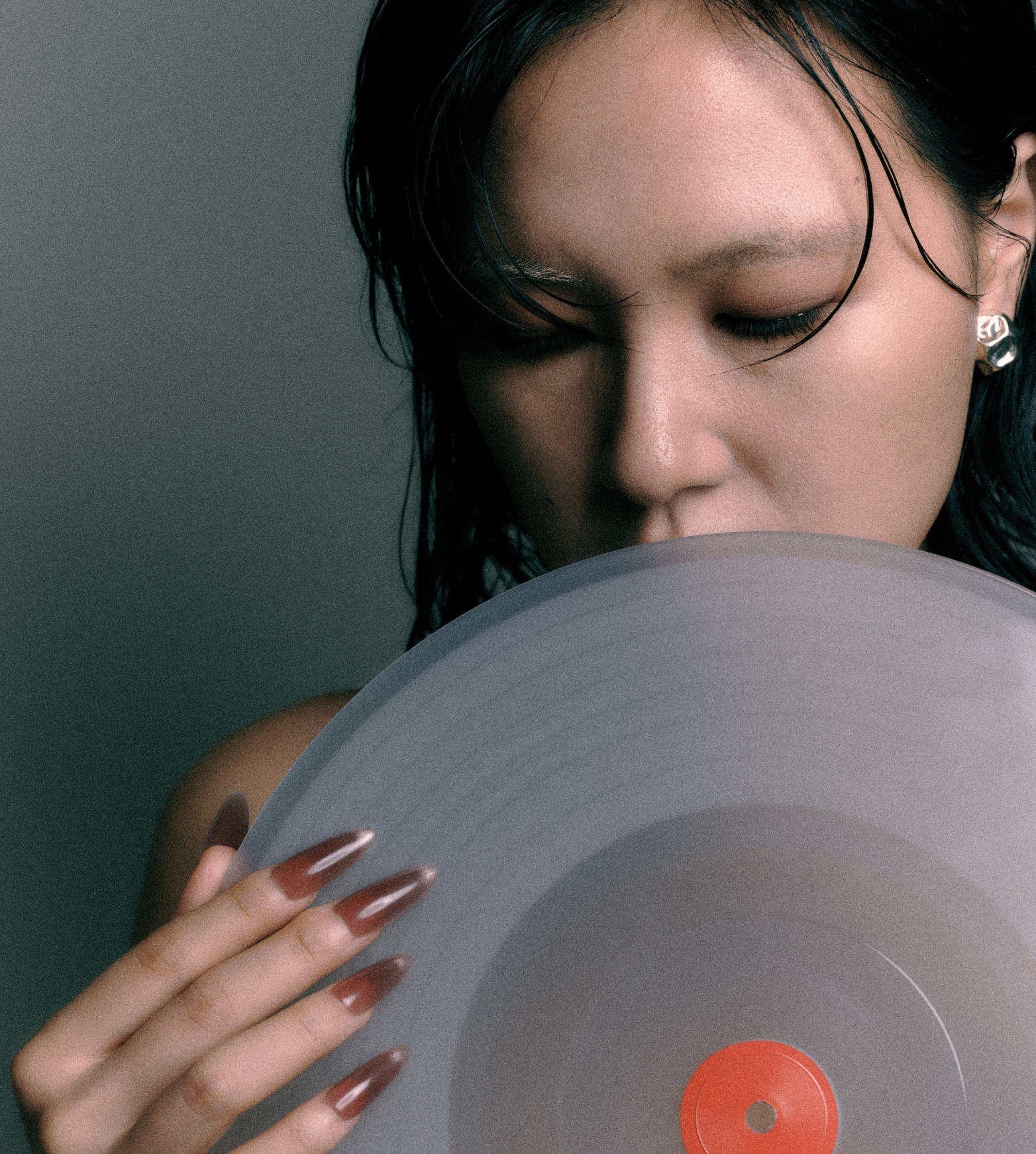Few albums manage to bridge past and present with the precision, depth, and audacity of The Bloom Project. Released in 2025, this bold new work from New York and Beijing–based electropop artist Adai Song (also known as her EDM persona ADÀI) reimagines 1920s Shanghai “shidaiqu” — the fusion of Chinese folk and Western jazz — through a distinctly feminist lens and a modern electronic soundscape. It’s a record that doesn’t just revisit history; it rewrites it.

Already a Grammy consideration candidate for Best Global Music Album, The Bloom Project is an 8-track journey that merges contemporary EDM production with traditional Chinese instruments, layered storytelling, and cultural commentary. This is not a project built for trends. It’s a statement of identity, heritage, and power.
The album opens with “A Lost Singer”, a reinterpretation of the 1937 classic Tianya Genu. In the original, a woman wanders the world in search of a soulmate. In Adai’s version, she builds her own path — erhu and violin intertwine to express solitude, while subtle piano and bass anchor her self-determination. It’s both intimate and resolute.
“Night Shanghai” follows, modernizing the postwar city’s glamour and loneliness with house beats and shimmering synths, perfectly paired with guzheng. It captures the paradox of city life — dazzling lights and lingering isolation. “Make Way”, perhaps one of the album’s most striking tracks, reimagines the 1940 hit Rose, Rose, I Love You as an anthem of female agency. Over a fusion of house rhythms, pipa, koto, and modern synth layers, the rose no longer waits to be admired — she claims her own space.

On “I, I Want”, Adai’s vocals take center stage with a playful but firm message: women can desire and decide. Trap beats meet traditional timbres in a soundscape that feels both contemporary and rooted. “Carmen 2025” is a standout — a fusion of Bizet’s opera motifs with Chinese percussion and electronic drops, turning the classic character into a modern symbol of defiance and sensual independence.
“Wuxi Tune” and “Wild Thorny Molihua” further push the boundaries, turning traditional songs into declarations of strength and individuality. The latter takes the gentle jasmine flower and reframes it as wild, thorned, and unapologetically free. The album closes with “River Run”, a graceful farewell that lets guzheng, yangqin, and shakuhachi drift like water — soft but unstoppable.
What makes The Bloom Project exceptional is its craftsmanship. Produced with an international team of Grammy-winning and Grammy-nominated engineers and Berklee alumni, it’s a seamless collaboration across cultures and continents. Adai’s artistic vision is clear: this is more than fusion — it’s transformation.
Adai’s background as a violinist, producer, and songwriter, paired with her work across major labels and platforms, gives the project both credibility and finesse. But what truly stands out is her ability to center female narratives within historic songs, reclaiming their voices for a new generation.
The Bloom Project is a landmark album — musically daring, culturally rich, and emotionally resonant. It’s not just an album to listen to; it’s one to experience.
Connect with ADAI SONG on
